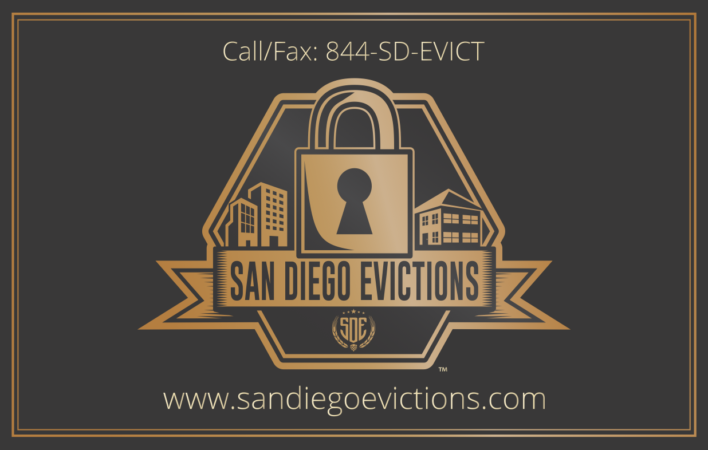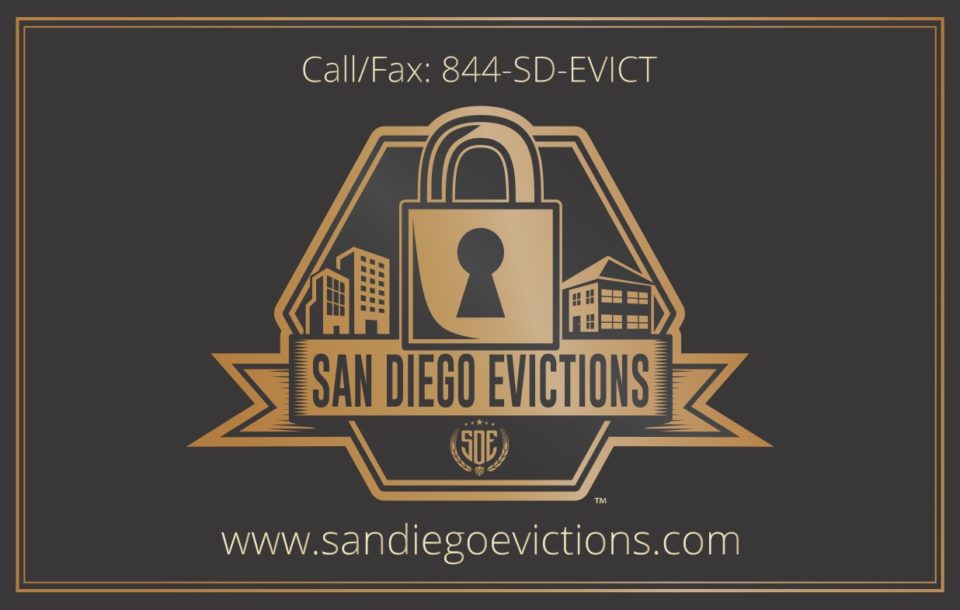
As a landlord in San Diego, staying compliant with California’s rent increase regulations is essential to maintaining lawful tenancies and avoiding costly legal disputes. California’s statewide rent control law, commonly known as the “rent cap,” sets clear boundaries on how much and how often you can raise rent.
Understanding these rules will help you make informed decisions while protecting your investment.
California’s Rent Cap: The Basics
California law protects tenants from excessive rent increases through AB 1482, which caps annual rent increases at the lesser of two amounts: 5% plus the local rate of inflation, or 10%. This means that in any twelve-month period, you cannot increase rent beyond this calculated threshold.
The allowable percentage changes annually based on inflation rates. For context, here are recent rent cap percentages:
- August 1, 2024 through July 31, 2025: 8.6%
- August 1, 2025 through July 31, 2026: 8.8%
It’s important to note that you cannot raise rent more than twice within a twelve-month period, and the combined increases cannot exceed the annual allowable amount. Additionally, the rent cap does not apply to the initial rent amount when establishing a new tenancy with a new tenant.
Properties Exempt from the Rent Cap
Not all rental properties in San Diego fall under the state rent cap. The following types of housing are excluded:
- New construction: Properties built within the past 15 years are exempt from the cap
- Affordable housing units: Housing with deed restrictions or other affordable housing agreements
- Locally controlled properties: Properties already subject to more protective local rent control ordinances
- Single-family homes and condos: Those without corporate ownership (owned by individuals or LLCs with natural persons)
- Owner-occupied duplexes: When the owner lives in one of the two units
- School-owned housing: Dormitories and other educational institution housing
If your property falls into one of these categories, you have more flexibility in setting rent increases, though you must still comply with proper notice requirements.
Proper Notice Requirements: A Critical Compliance Issue
Even if your property is exempt from the rent cap, California law mandates specific notice requirements for all rent increases. Failure to provide proper notice is one of the most common mistakes landlords make, and it can result in an unenforceable rent increase.
Under California Civil Code Section 827, the notice requirements are:
- Less than 10% increase: At least 30 days’ written notice
- 10% or more increase: At least 90 days’ written notice in most circumstances
The 10% threshold is calculated based on what the rent was twelve months prior to the proposed increase, not the current rent amount. This is an important distinction that landlords often overlook.
Written notice must be properly served according to California law, which typically means personal delivery, mail, or posting and mailing if the tenant cannot be reached. Electronic notice may be permissible if previously agreed upon in writing.
Best Practices for San Diego Landlords
To ensure compliance and maintain positive landlord-tenant relationships, consider these best practices:
- Track Your Timeline: Keep detailed records of when you last increased rent and by how much. This helps ensure you don’t exceed the twice-per-year limit or the annual cap.
- Calculate Carefully: Before issuing a rent increase notice, verify the current year’s allowable percentage and calculate whether your proposed increase exceeds legal limits.
- Provide Proper Notice: Always err on the side of caution with notice periods. If you’re increasing rent by an amount close to 10%, consider providing 90 days’ notice to avoid disputes.
- Document Everything: Maintain copies of all rent increase notices and proof of service. This documentation is invaluable if a dispute arises.
- Consider Tenant Relations: While you may be legally entitled to increase rent by the maximum amount, consider whether a smaller increase might better serve your long-term interests by retaining quality tenants and avoiding vacancy costs.
When Disputes Arise
Despite your best efforts to comply with the law, tenant disputes over rent increases can occur. Common issues include disagreements over whether proper notice was provided, whether the property is exempt from the rent cap, or whether the increase exceeds legal limits.
If a tenant refuses to pay a rent increase or claims it’s unlawful, it’s crucial to address the situation carefully. Proceeding with an eviction based on an improper rent increase can result in the case being dismissed, damage to your reputation, and potential liability for the tenant’s attorney fees.
Conclusion
California’s rent increase laws are designed to balance the rights of property owners with tenant protections. As a San Diego landlord, understanding these regulations isn’t just about legal compliance—it’s about running a professional, sustainable rental business. By staying informed about current rent cap percentages, following proper notice procedures, and maintaining good records, you can confidently manage rent increases while minimizing legal risk.
If you have questions about whether a planned rent increase complies with California law, or if you’re facing a dispute with a tenant over rent, consulting with an experienced eviction attorney can help you navigate the situation effectively and protect your interests.
This blog post is for informational purposes only and does not constitute legal advice. Landlord-tenant law is complex and fact-specific. For advice regarding your particular situation, please consult with a qualified eviction attorney in San Diego.

